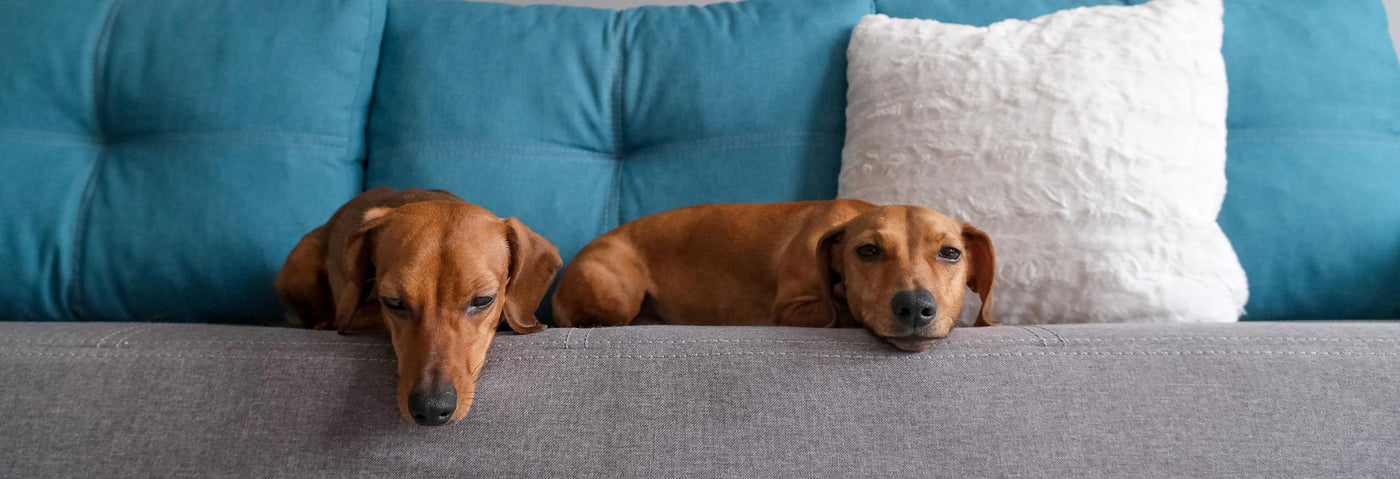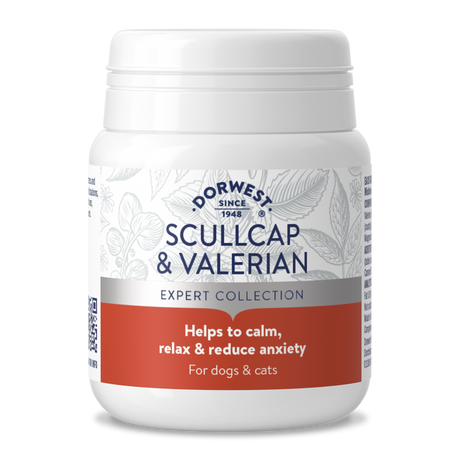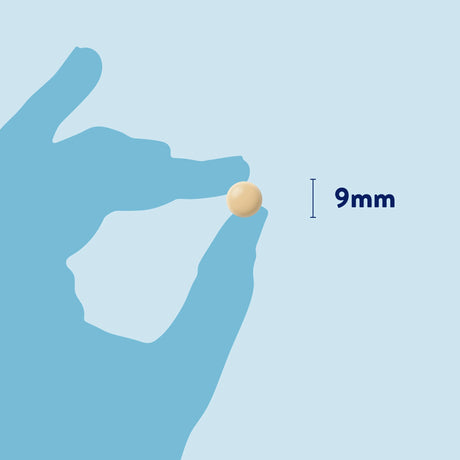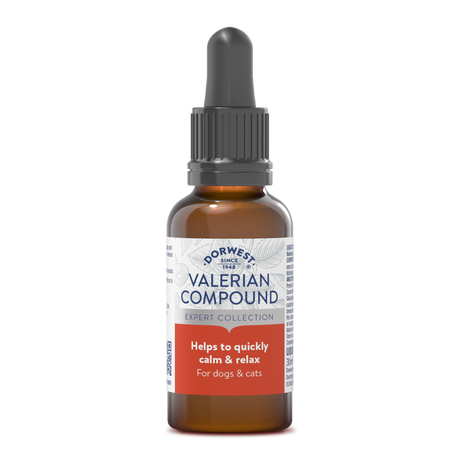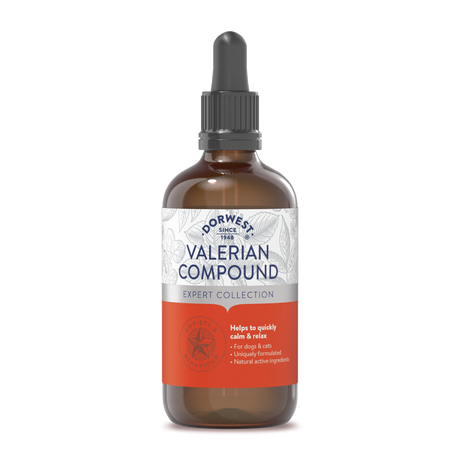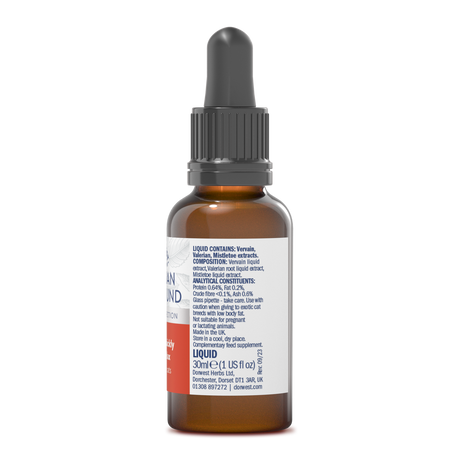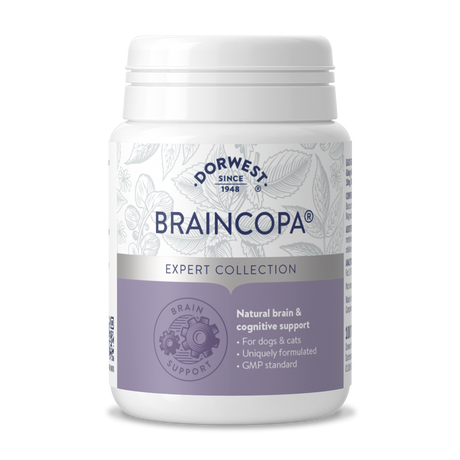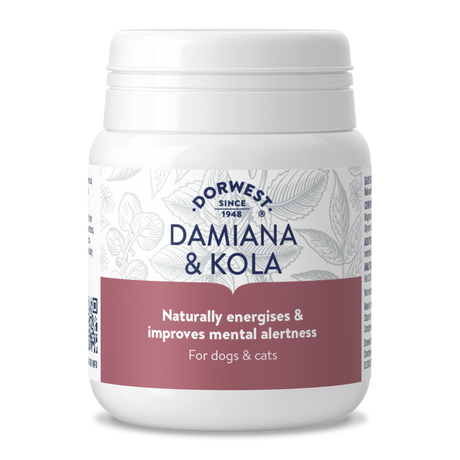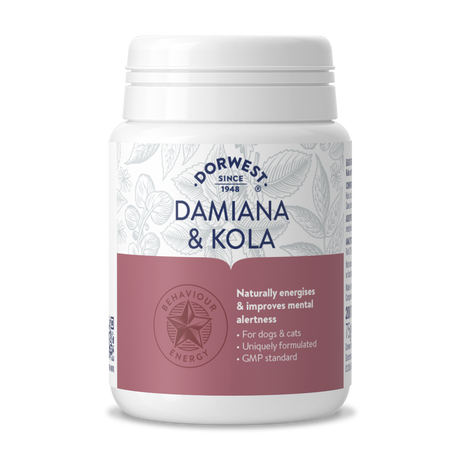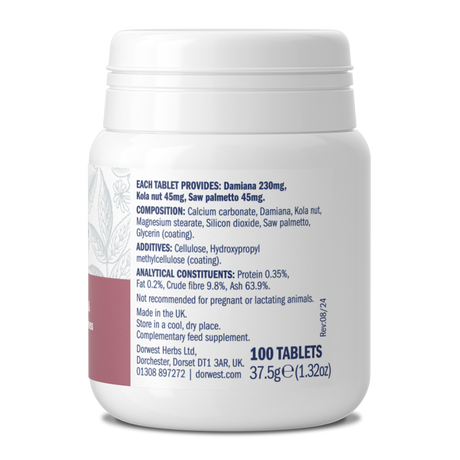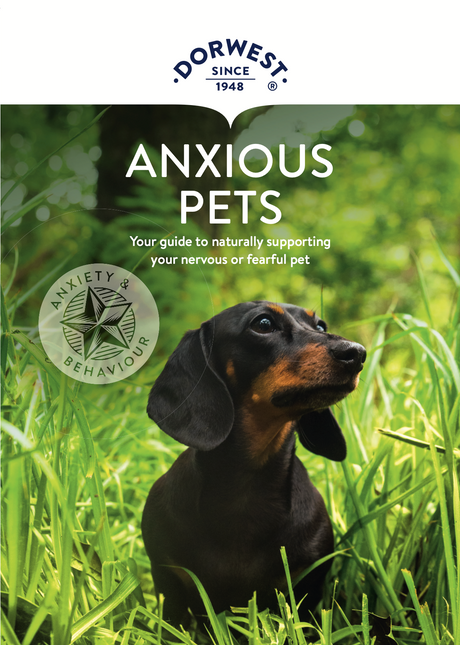Nothing compares to the joy of walking through the door to a dog who’s absolutely thrilled to see you! But that excitement often comes with a side of guilt when you have to leave them again.
Learning why some dogs handle alone time with ease while others struggle can help you give them the comfort and confidence they need. Did you know? Approximately 1 in 5 of dogs suffer from separation anxiety, according to a 2020 study.
Whether you're looking for tips about leaving your dog alone or want to know exactly what UK law expects of you, we’ve pulled together all of the key info you need to know!
Key takeaways
- Watch for warning signs your dog is struggling - It's important to watch out for signs & signals that your dog's having a hard time when left alone. Whether you’re using a doggy cam or getting updates from friends and family, make sure your dog’s comfort and happiness is a priority.
- Take it at your dog's pace - If your dog suffers with separation anxiety, we'd always recommend seeing a dog behaviourist and trainer for expert advice. The key is to start slow and steady with short, trial separations while you’re still inside the house to build confidence, before you leave them on their own for extended periods of time.
- Understanding your responsibility as a dog owner - You’re legally responsible for their welfare under the Animal Welfare Act 2006. Owning a dog is a responsibility that should be treated seriously to keep your pet safe and happy.
How long can you legally leave a dog alone in the UK?
Currently in the UK there isn’t an exact legal time! In fact, a petition was submitted to Parliament to make it illegal to leave any dog alone for more than 12 hours, but this wasn't successfully voted in as law in the UK.
But, even with no exact time limit set in stone as a pet owner you still have legal responsibilities under the Animal Welfare Act 2006, put in place to help protect animals in the UK. For a full copy visit Gov Animal Welfare.
In simple terms, UK law says your dog must never be left alone long enough to become distressed. Whether that's 2 hours or 8 hours will depend on your dog - but if you fail to meet their needs, you could end up being prosecuted.
Here are the five basics the law requires you to provide for your dog:
- A safe & comfy home
- Fresh food and water
- Freedom to act like a dog
- Companionship
- Protection from pain and suffering
Is it illegal to leave a dog alone overnight in the UK?
As mentioned, UK law does not call out the number of hours, or overnight periods. But, leaving your dog alone for the entire night, could be considered neglectful if their welfare needs aren't being met as we've covered above.
Leaving your dog alone for a typical night of 10+ hours isn't recommended by experts from the RSPCA. One big worry is toilet access - the longer your dog holds their pee, the more uncomfortable they become and higher the chance of an infection.
Ultimately, if they become distressed, injured or unwell - whether from toilet issues or other causes, you might be held legally responsible. So it’s best to follow guidelines below we’ve pulled from learning governing bodies.
How long can dogs be left alone?
As a general guideline, most adult dogs can be left alone for around 4–6 hours, though it’s best not to exceed this. The RSPCA recommends no longer than 4 hours to ensure your dog has regular opportunities to exercise, go to the toilet, and enjoy human interaction.
However, the exact amount of time will also vary depending on your dog’s age, health, and personality, as younger and older dogs need more frequent attention and breaks.
For example, puppies require a lot of attention and care, particuarlly before they reach 10 weeks old. With any puppy or new dog, it's important to start with very short periods and slowly build up the time they spend alone.
Here's a rough guide by age based on general recommendations for how long dogs can be left on their own:
|
Dogs Age |
Maximum Time |
|
Puppies (under 6 months) |
1-2 hours |
|
Young dogs (6-18 months) |
3-5 hours |
|
Adult dogs (2-7 years) |
4-6 hours |
|
Senior dogs (7+ years) |
4 hours |
Key point: It’s important to remember there isn’t a one size fits all model when it comes to caring for your dog. Use any advice as a basic guideline, and if they seem unhappy or stressed make sensible adjustments.
Can I leave my dog alone for 8 hours when at work?
If you work in an office, on a building site or shop you’ll be one of many dog owners who have to leave their dog at home when at work.
If you’re going to be out of the house for 8 hours, we'd always recommend arranging for someone, such as a neighbour, family member, or dog walker to pop in and spend some time with your dog or take them out for a walk. A quick toilet break, a stretch of their legs, a few good sniffs, and a bit of company can make a big difference, helping your dog stay comfortable and happy when you’re out.
Can I leave my dog alone for 24 hours or longer?
No. Leaving a dog alone for a full day is too long and would constitute neglect, which means you would be breaking the law and putting your dog at risk of harm.
If you've decided to go on holiday, or maybe need to be away with work, it's down to you as your dog's owner to arrange proper care. The great thing now-a-days is that there are many different options available - from kennels, local dog sitters, or even a dog loving trusted friend.

Factors that affect dogs when left alone
Not all dogs cope equally - check out the below factors which can affect their experience.
- Seasonal periods - From Christmas, Bonfire Night to Halloween, each bring a new set of changes to your dogs routine, that can be distressing. Be mindful of how these events can super charge anxiety and look to amend how long/ when they spend time alone.
- Big life moments - Huge events like moving house, bereavement, or a new baby in the house can be majorly stressful moments. So, if you must leave your dog alone, make sure they are comfortable, and take the time to make frequent checks.
- Medical issues and surgery recovery - If they are feeling under the weather or recovering from a recent surgery, they will need more of your attention and extra supervision.
- Dog breeds - Some dogs will be naturally more independent because of their genetic make-up, whereas other breeds prefer human company (like Dachshunds). Therefore, knowing your pup's breed temperament is an important part of understanding how they will react to being alone.
- Boredom and exercise - If your dog isn't out walking, running or chasing, they could be full of energy, which makes it harder for them to relax and spend time alone.
Signs your dog is struggling when left alone
Some dogs quickly settle into spending time alone, others can develop separation anxiety. If you are worried they are finding time apart upsetting, here are the signs to keep an eye out for.
Early warning signs:
- Frequent licking of lips
- Excessive panting
- Yawning (not linked to tiredness)
- Tail tucked between their back legs
- Ears pinned back
Increased severity symptoms:
- Complete panic when you leave
- On-going crying, barking or howling
- Destructive behaviour in the house
- Soiling in the house, even though they are toilet trained
- Pacing and restlessness, inability to settle
- Waiting or watching the front door
- Multiple escape attempts
- A loss of appetite when alone
- Increased clinginess when you get back home
If you are seeing the above symptoms your dog could be suffering from separation anxiety, even if they aren't spending long periods alone. Read on to see what can be done.
What can I do to help my dog be left alone?
From a safe space, positive reinforcement, there are lots of ways most dogs can learn to be happy alone. Here's our 5-step guide.
Step 1: Comfort is key
Create a safe and super comfy spot for them. Get the temperature just right, their favourite toy, a soft bed and cosy blanket, and always access to fresh water. Some people find leaving the radio on can also help settle.
Step 2: Exercise for body and brain
Ensure you take the time to take your dog for a walk - lots of attention and activities to tire your dog out mentally and physically helping them relax and settle while you are away.
Step 3: Slowly build up time alone
Try starting with very short intervals, moving to another room in the house while keeping your pup in their den. Then, as they begin to adjust, slowly increase these intervals in 5-minute blocks, finally taking yourself completely out of the house.
Step 4: Set and stick to routines
As they begin to adjust to your departures, if possible try to leave at predictable times with a relaxed farewell routine, rather than rushing out the door with a crash and a bag.
Step 5: Track their progress
For longer periods, use dog walkers and check out pet camera options to help you virtually drop in to see how they're coping. But, speak to your vet if your pup begins to show severe anxiety.
Advice from Dorwest
We all want our dogs to be happy and to be on hand to protect them. So, choosing if, when and how long to leave our best friends alone is a very personal and tricky decision.
As their owner, the legal responsibility sits firmly on our shoulders to meet their welfare needs. Our advice is always to start slow and take it at your dog's pace. You should read up on their breed characteristics and temperament, create a safe environment and build a positive experience of separation through steadily increasing the time while using positive reinforcement.
At Dorwest our range of specially developed herbal supplements can provide extra help dogs dealing with anxiety. Our Scullcap & Valerian Tablets are a great choice for dogs who hate being left alone as the active herbs help naturally relax your pet, by supporting the calming pathways within the nervous system. This helps reduce their anxiety gradually so when you head out, it doesn’t feel like their world is ending.
For those especially tricky moments, like unexpected noises or changes to their routine, our Valerian Compound offers quick, effective natural calm. This fast-acting herbal extract works in around 30 minutes, helping your dog relax faster on those particularly stressful days.

Common Questions (FAQ)
- Is it cruel to leave a dog alone all day? Lots of dog owners have to leave their dog at home for work, but dogs should not spend the entire day alone. It's generally advised that a maximum time for adult dogs to spend on their own is 4-6 hours. As a pet owner, you are legally responsible and must be considerate of their welfare. Leaving them for too long could be deemed neglectful.
- Do dog cameras help with separation anxiety? Dog cameras can be useful for monitoring your dog's behavior when you're away. Some owners who've dealt with separation anxiety and destructive behaviour use cameras to see what their dog does while alone, which helps identify specific problems. However, be careful with cameras that let you speak to your dog. While some owners find this reassuring, it can actually make some dogs more anxious because they hear your voice but can't see you. If you want to try this feature, introduce it slowly and test carefully to make sure it doesn't make things worse.
- When can I leave my dog alone after puppies? You can leave a mum dog alone with her newborn pup for short periods, no more than 2 hours during the first week, and after the puppies are weaned (around 6 to 8 weeks), the time mum can be left alone depends on her individual personality and training.
- When can I leave my dog alone after surgery? For the first 24 to 72 hours after surgery we wouldn't suggest leaving your pup alone . They will most likely feel groggy, at risk of being sick, and could have a chance of further injury. But, the exact timing depends on your dog's condition and surgery - so always speak to your vet for guidance.
If you have any questions or need any help choosing which product is best for your pet's anxiety - feel free to reach out and contact us our expert and friendly team on 01308 897272 or email info@dorwest.com.
For more top tips and behind-the-scenes updates, follow us on Facebook, Instagram or TikTok!
